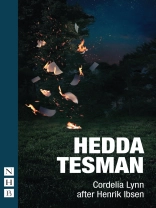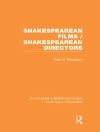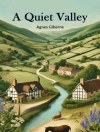A doting husband. A troubled writer. A loaded gun. It’s 2019 and Hedda Tesman returns to a life she can’t seem to escape from.
After thirty years of playing wife, Hedda is bitter and bored. When her estranged daughter, Thea, suddenly reappears asking for help, the present begins to echo the past and Hedda embarks on a path of destruction.
Hedda Tesman, by Cordelia Lynn, breathes new life into Henrik Ibsen’s classic, asking what we inherit, what we endure and how we carry our history. A vital exploration of motherhood, power and sabotage, the play was produced by Headlong and premiered at Chichester Festival Theatre in 2019, before transferring to The Lowry, Salford.
Tentang Penulis
Born in Norway in 1828, Ibsen began his writing career with romantic history plays influenced by Shakespeare and Schiller. In 1851 he was appointed writer-in-residence at the newly established Norwegian Theatre in Bergen with a contract to write a play a year for five years, following which he was made Artistic Director of the Norwegian Theatre in what is now Oslo. In the 1860s he moved abroad to concentrate wholly on writing. He began with two mighty verse dramas, Brand and Peer Gynt, and in the 1870s and 1880s wrote the sequence of realistic ‘problem’ plays for which he is best known, among them A Doll’s House, Ghosts, An Enemy of the People, Hedda Gabler and Rosmersholm. His last four plays, The Master Builder, Little Eyolf, John Gabriel Borkman and When We Dead Awaken, dating from his return to Norway in the 1890s, are increasingly overlaid with symbolism. Illness forced him to retire in 1900, and he died in 1906 after a series of crippling strokes.












